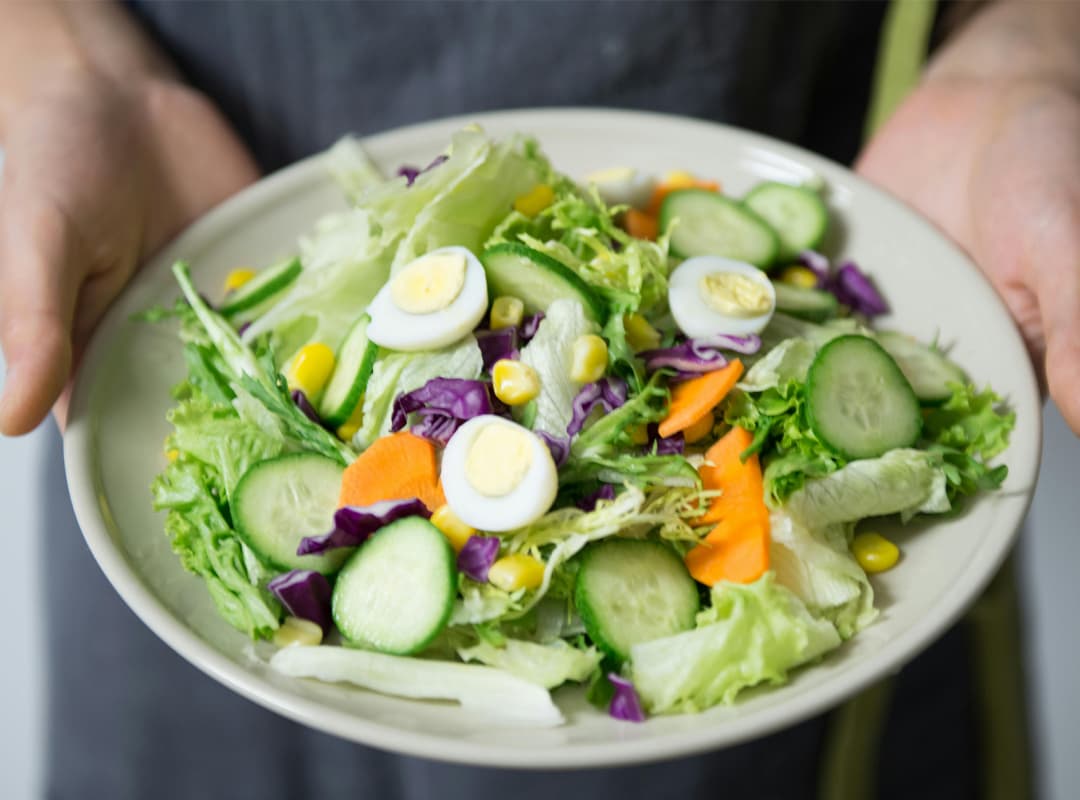Almost all enzymes and some hormones have a protein composition. Proteins are actively involved in the production of antibodies and provide the body with a strong and functional immune system, as well as being involved in the transportation of many compounds. Proteins consist of amino acids, which are divided into and must enter the body with food, and substituted, which he can synthesize himself. Indispensable amino acids for humans are isoleucine, leucine, lysine, methionine, phenylalanine, threonine, tryptophan, valine and histidine. Substitutable amino acids for humans are alanine, arginine, asparagine, asparagic acid, cysteine, glutamine, glutamic acid, glycine, proline, serine, and tyrosine. Different foods contain amino acids in different combinations and amounts.
Animal proteins (such as proteins in eggs, milk and milk products, fish, and meat) contain more essential amino acids than plant proteins, and their ratios are more favorable to the human body. Unfortunately, many animal protein sources contain too much fat. Proteins from soy, rice, rye, nuts and seeds also have a fairly good amino acid composition.
Some proteins (such as cereal proteins) lack some essential amino acids. Their lack can be compensated by a small amount of proteins of animal origin, for example, cook semolina porridge with milk, add cheese to macaroni, etc.
Proteins perform many functions in the body:
- are essential for growth and body building;
- almost all enzymes and some hormones have a protein composition;
- actively participate in the production of antibodies and provide the body with a strong and functional immune system;
- participate in the transportation of many compounds;
- provide nutritional energy: 1 g = 4 kcal.
An adult on a mixed diet, whose energy requirement is 2000 kcal, should consume: from 0.1 x 2000 kcal/4 kcal = 50 g to 0.20 x 2000 kcal/4 kcal = 100 g of proteins.
Care should be taken to ensure that the average daily protein intake is at least 0.83 g/kg body weight for adults on a mixed diet and preferably at least 1.2 g/kg body weight for the elderly.
- The best sources of animal protein are eggs, unflavored dairy products (e.g., cottage cheese, cheese, cottage cheese), fish, poultry, and meat;
- The best sources of plant protein are legumes, nuts, seeds, and grain products;
- Severe protein deficiency leads to edemas and muscle weakness, as well as changes in hair and skin condition. Protein deficiency often occurs with energy deficiency due to protein deficiency, as well as deficiencies of other nutrients resulting from general nutrient deficiencies.
Prolonged excessive protein in the diet is harmful, it stresses the kidneys and liver, it can also cause gout and increase the risk of allergies. In the long term, protein energy should not exceed 20% of daily dietary energy.



